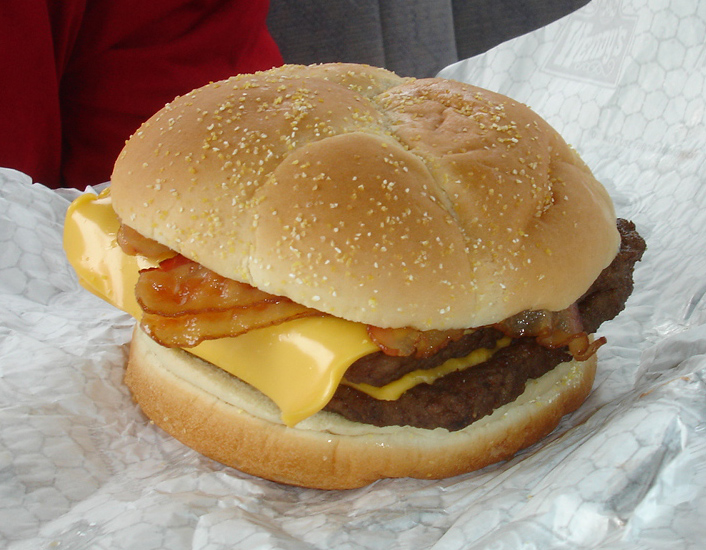
Does the exit path from William Blake’s Dark Satanic Mills lead through Trump Tower?
The Wall Street Journal‘s Alex Castellanos doesn’t quite think so, and not just because “Mr. Trump can’t be imitated” (“The Republicans Are a Party in Search of a Future,” March 1). Still, Castellanos asserts that “only the next generation of Republicans” can move past Biden-era Democrats’ vision of “goverment as a factory where they crank out laws, rules and regulations on an assembly line.”
Jared Polis, who maintains that “the government policy should be completely agnostic about what unit of exchange is used,” is conspicuously absent from Castellanos’s list of Democratic governors who “can’t imagine a world in which they wouldn’t assert top-down, mechanical control.” And while Polis may be an outlier in the current red-versus-blue map, he wouldn’t always have been.
While Biden perpetuates Donald Trump’s protectionism, it was Democrats who read Henry George’s book-length case against tariffs into the Congressional Record in 1892, the same year George challenged the notion that “there devolves on the State the necessity of intelligently organising … a great machine whose complicated parts shall properly work together under the direction of human intelligence.”
Speaking of continuations of Trump policies, Castellanos chides “Mr. Biden’s shameful retreat from Afghanistan” without noticing that the decades-long Sisyphean effort to remake that country epitomized what he calls “arrogant, old top-down government that can’t keep up with our instantly adaptive world” (when the government in question was the USSR rather than the USA, this was an obvious enough point to be made in popcorn action flicks from The Living Daylights to Rambo III).
A century after George noted that “social and industrial relations” were “not a machine which required construction, but an organism which needs only to be suffered to grow,” the March-April 1995 issue of Utne Reader contained an observation that “natural systems, such as human communities, are simply too complex to design by the engineering principles which we insist on applying to them” from John Perry Barlow, who was a Republican but one who would do such atypical activities as writing for Utne Reader.
Barlow’s Electronic Frontier Foundation helped ensure that what was still called “the information superhighway” would have the leeway to develop more horizontally than hierarchically. The road ahead isn’t one that can be smoothed by either administration or annexation.
New Yorker Joel Schlosberg is a senior news analyst at The William Lloyd Garrison Center for Libertarian Advocacy Journalism.
PUBLICATION/CITATION HISTORY
- “The roads must grow” by Joel Schlosberg, The Wilson, North Carolina Times, March 5, 2024
- “The roads must grow” by Joel Schlosberg, The Enterprise [Williamston, North Carolina], March 5, 2024
- “The roads must grow” by Joel Schlosberg, The Johnstonian News [Smithfield, North Carolina], March 5, 2024
- “The roads must grow” by Joel Schlosberg, The Butner-Creedmoor News [Creedmoor, North Carolina], March 5, 2024
- “The roads must grow” by Joel Schlosberg, The Wake Weekly [Wake Forest, North Carolina], March 5, 2024
- “The Roads Must Grow” by Joel Schlosberg, CounterPunch, March 7, 2024
- “Libertarian Leanings: The roads must grow” by Joel Schlosberg, The Kingman, Arizona Daily Miner, March 8, 2024
- “The roads must grow” by Joel Schlosberg, Mat-Su Valley Frontiersman [Wasilla, Alaska], March 11, 2024

